
Grades:
1st Grade
Welcome to an exhilarating journey of problem-solving and exploration with Bee-Bots! In this captivating adventure, students will embark on a thrilling quest to navigate through challenging mazes
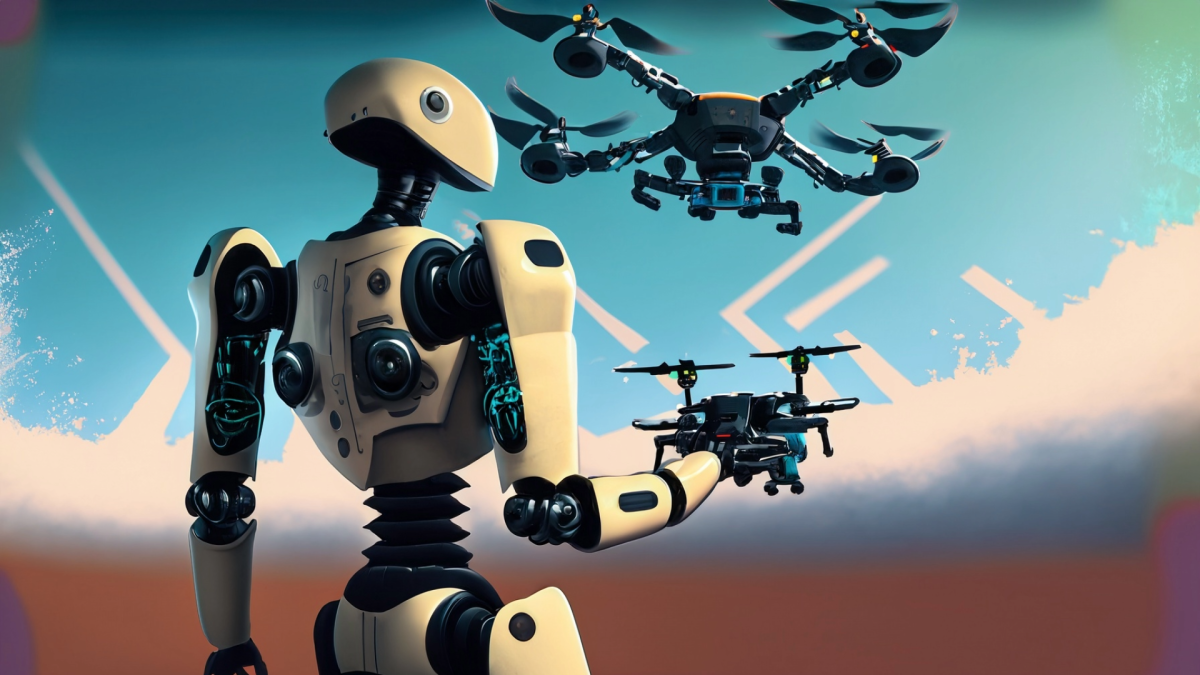
Grades:
3rd Grade, 4th Grade, 5th Grade, 6th Grade, 7th Grade, 8th Grade
On the second day students use more complex coding, the built in camera for taking pictures and experience FPV. It has 3 missions total in this lesson. This lesson also uses yaw to keep the camera
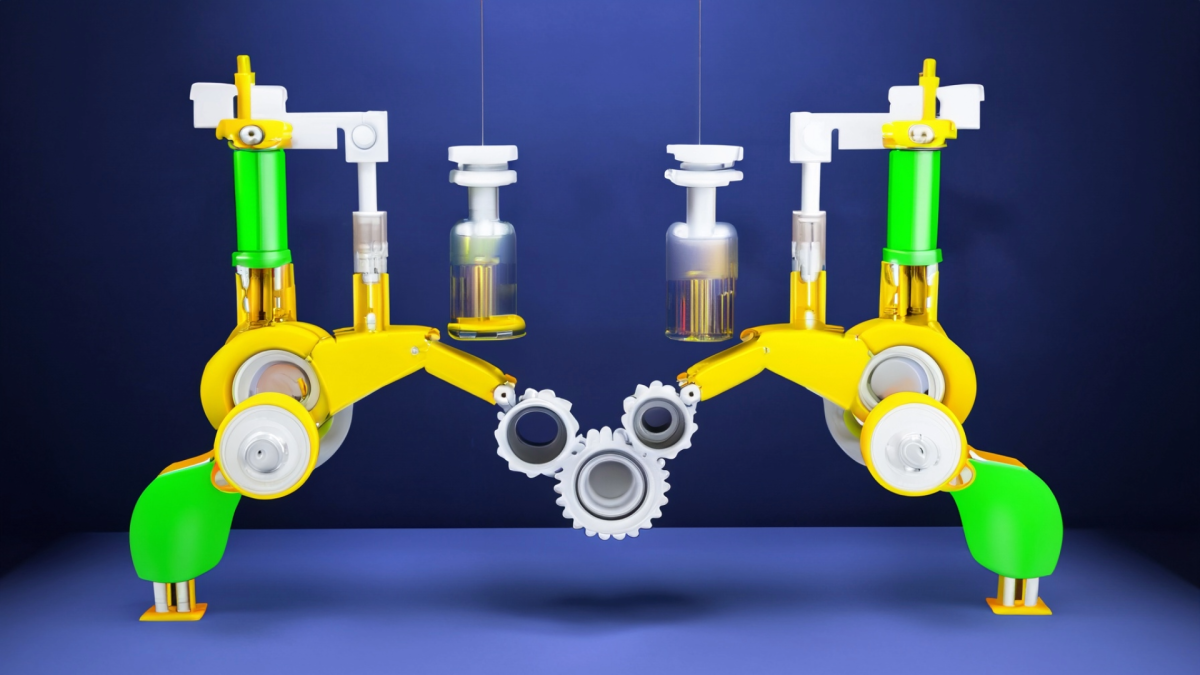
Grades:
Kindergarten
Kindergarten students will be given a STEM case to solve! The goal is to build a bridge for two different sized/weight of vehicles. Students will research types of bridges and decide which bridge will

Grades:
9th Grade, 10th Grade, 11th Grade, 12th Grade
In this lesson, students will explore the key physics principles that govern the design and operation of street lighting systems. Through a hands-on engineering design challenge, students will apply

Grades:
6th Grade
Students will be designing a shade structure to fit a mini-raised garden bed in order to help it adapt to the increasing sunshine in summer.

Grades:
1st Grade
Students will experiment with light and shadows, learn the values of coins, and then perform a puppet show combining their knowledge of light and shadows with their knowledge of coin values to tell
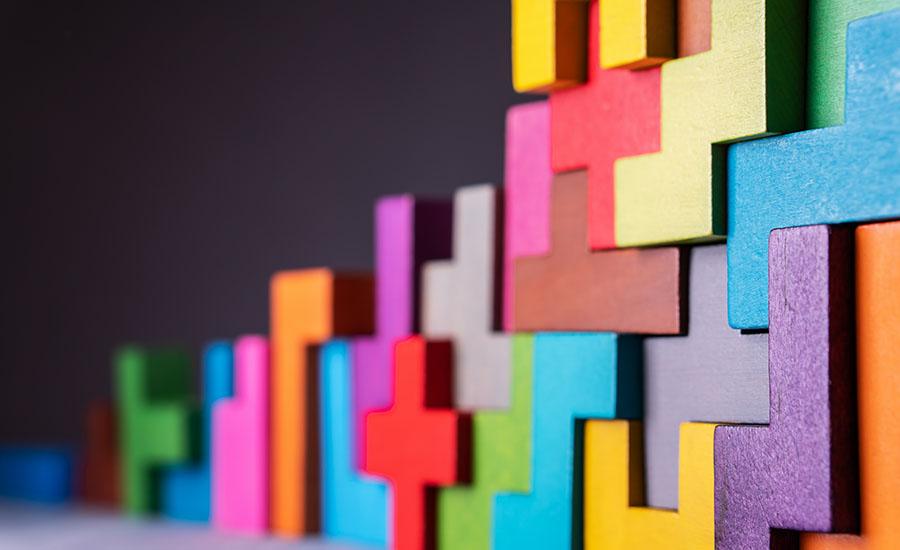
Grades:
9th Grade, 10th Grade, 11th Grade, 12th Grade
This lesson is a follow-up to the lesson titled "Creating Sustainable Solutions with Bioplastics Part 1". In this lesson, students evaluate different ingredients for bioplastics and create a minimum

Grades:
9th Grade, 10th Grade, 11th Grade, 12th Grade
In this lesson students evaluate the advantages and disadvantages of conventional, petroleum-based plastics, bioplastics, and their different varieties. The lesson is driven by class/group research

Grades:
Kindergarten
This lesson provides the opportunity for kindergarten students to develop a mock oil spill and develop methods to help ocean life after an oil spill. Student will hypothesize methods that can
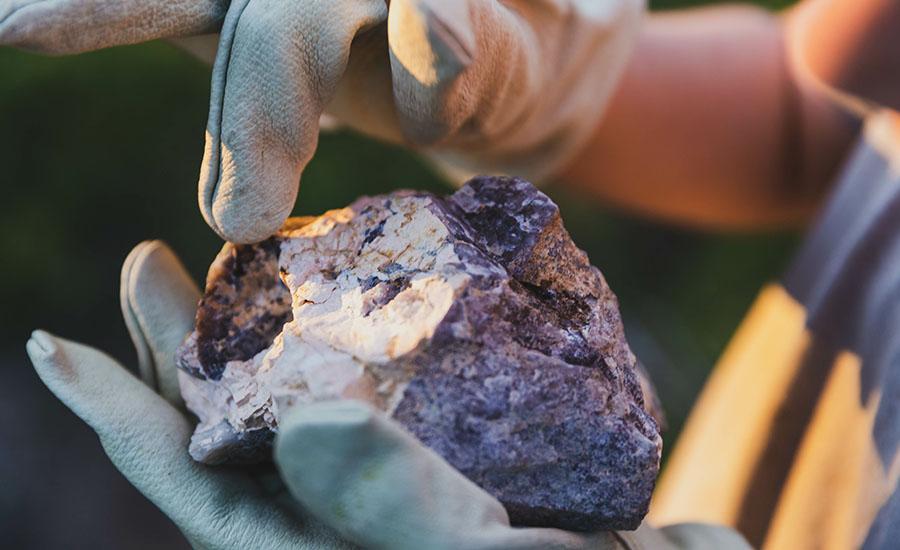
Grades:
5th Grade
In this lesson students will get the chance to mine for ore but then work on the processing phase and manufacturing phase of mining. Students will mine their ore (peanuts), process their ore (shell

Grades:
10th Grade, 12th Grade
This lesson builds on the Part 1 of Urbanization Impacts in the HS Environmental Science classroom. In this lesson, students are utilizing their knowledge to create models of solutions to the

Grades:
6th Grade
In this lesson students will research different roller coasters then work in groups design and build a roller coaster using pipe insulation and tape. Students will then analyze their roller coaster

Grades:
6th Grade
This is part three of a four part unit. In this lesson students will be curious and play with a Comeback Can and a Tik-Tiki. Students will also develop explanations about how both devices work using
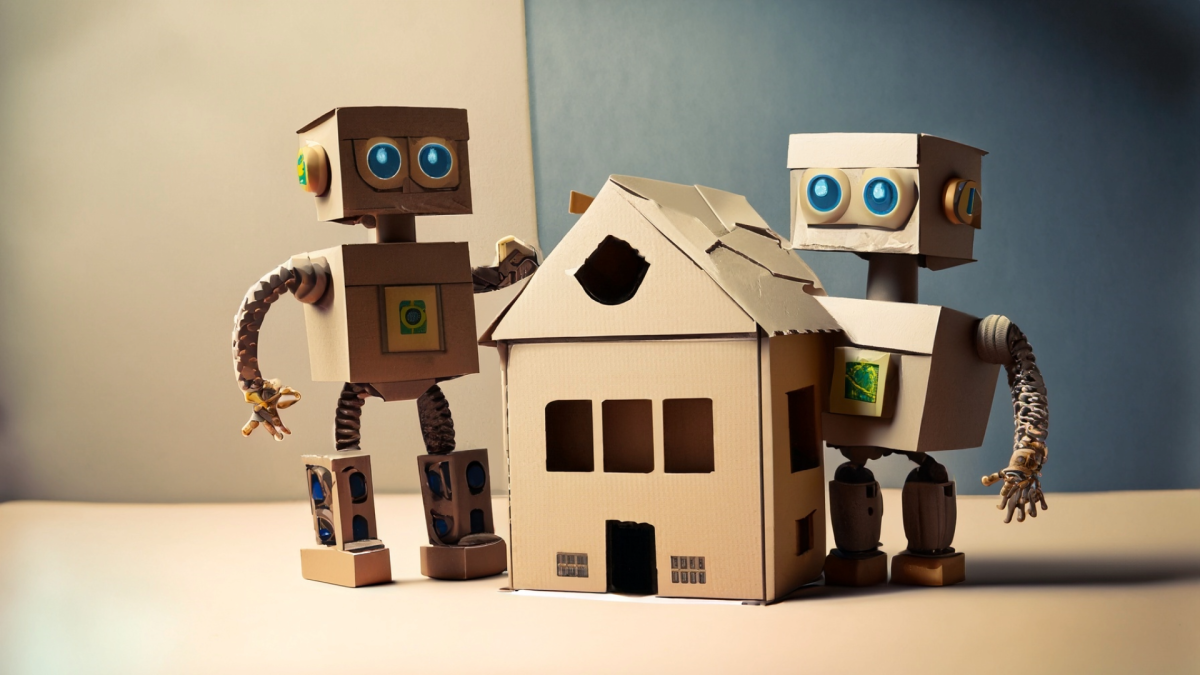
Grades:
3rd Grade, 4th Grade, 5th Grade, 6th Grade, 7th Grade, 8th Grade
This lesson is intended to expose students to information about environmental changes and how solar energy affects living things. Students are challenged to design and build a shelter for a dog to
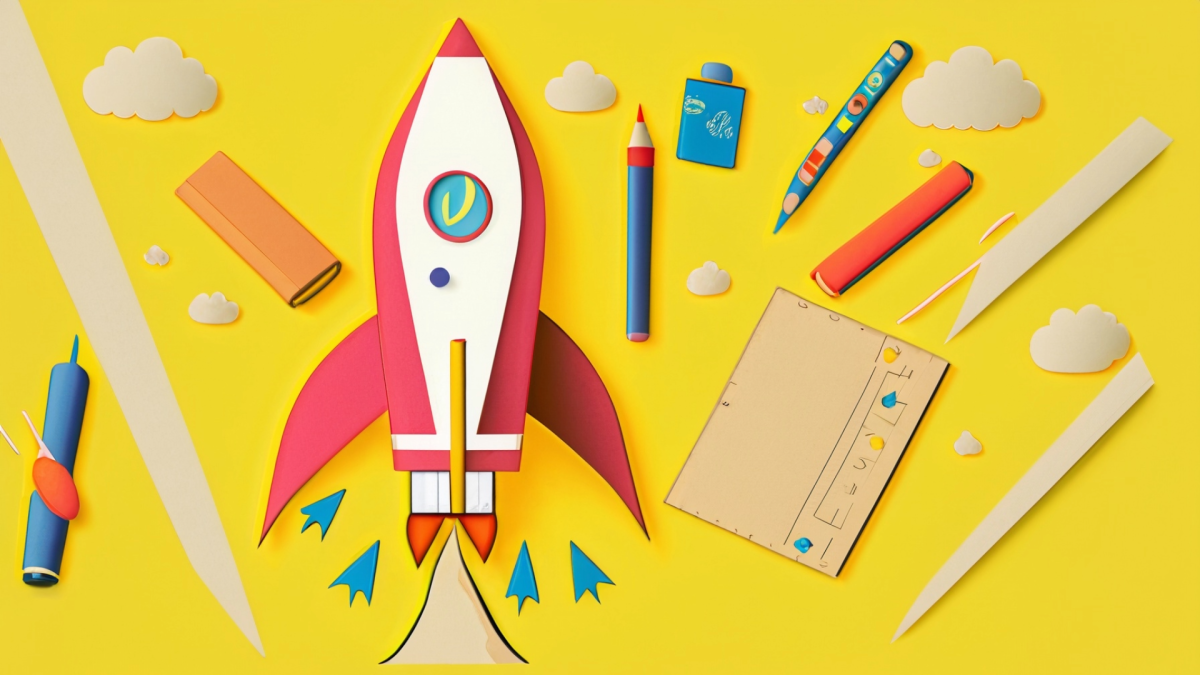
Grades:
7th Grade
Part 4! Students take all that they have learned from all the parts along with observations of their rocket launch to create a detailed google slides presentation!

Grades:
7th Grade
Part 3 of the Unit. Students launch their rockets and record observations along with altitude data!

Grades:
5th Grade
In this lesson, students will work individually to build a working periscope. They will make a simple one out of card stock and then being creative with whatever supplies their teacher gives them
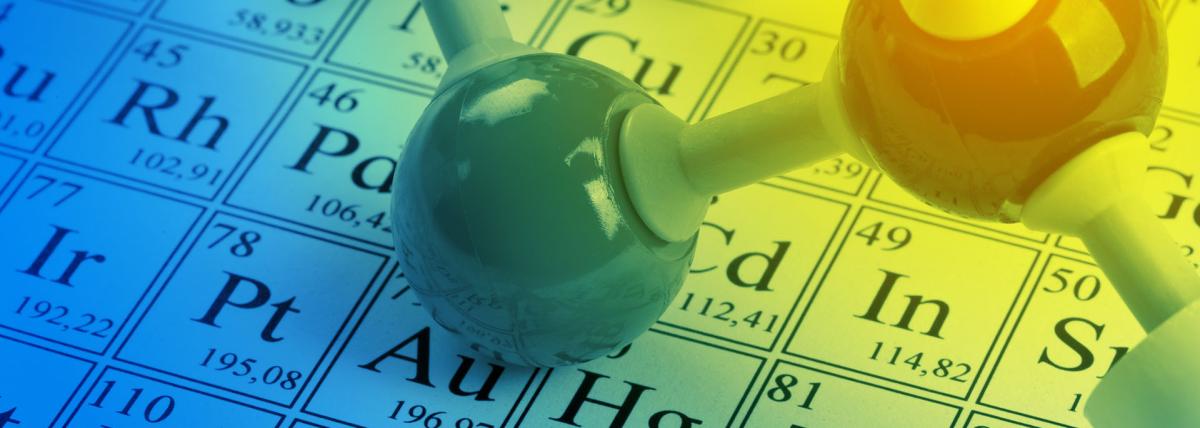
Grades:
9th Grade, 10th Grade, 11th Grade, 12th Grade
This lesson is an opportunity for students to learn about the past, the interesting field of nuclear radiation, and future implications to humanity as we encounter it in our spaces.

Grades:
9th Grade, 10th Grade, 11th Grade, 12th Grade
This is a lesson plan which draws importance to the ability of trees to carbon sequester in urban areas. As the world urbanizes more and more each day, it is important for our health to emphasize
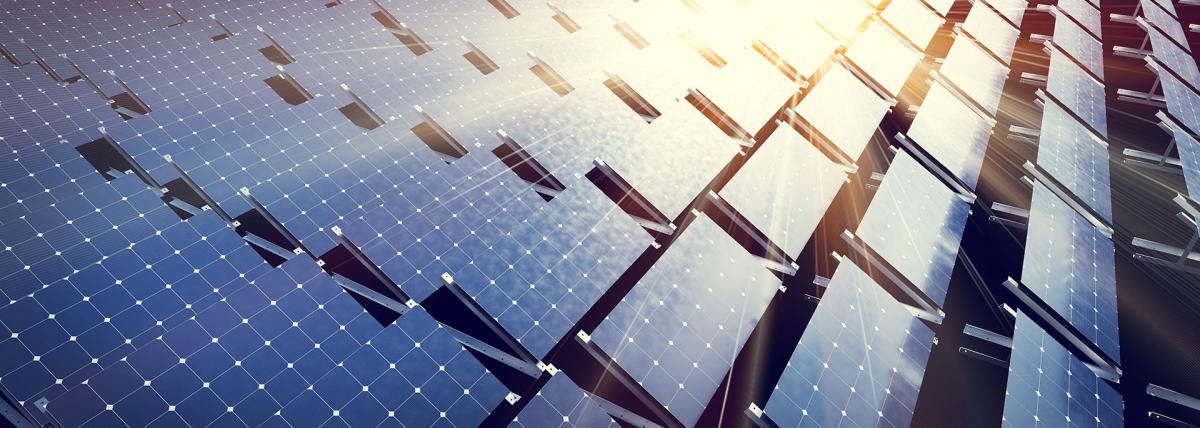
Grades:
7th Grade, 8th Grade
In this engaging lesson, students will delve into the fascinating world of energy transfer and efficiency by designing and building their own solar-powered devices. Through hands-on activities

Grades:
9th Grade, 10th Grade, 11th Grade, 12th Grade
In this engaging lesson, students move the learning from within the classroom to outside its walls in order to study and record air quality readings (with no tech and tech applications). Students gain

Grades:
7th Grade, 8th Grade, 9th Grade, 10th Grade, 11th Grade, 12th Grade
This is an introduction to exoplanets and their discovery. In the hands-on activity, students make a lightcurve for an exoplanet transit using data from the DIY MicroObservatory Telescope Network.

Grades:
9th Grade, 10th Grade, 11th Grade, 12th Grade
In this lesson, students physically manipulate a couple of springs and then collect data from a spring force Phet simulator. Next, they graph the data, calculate the area under the curve of their

Grades:
9th Grade, 10th Grade, 11th Grade, 12th Grade
Get the athletic shoes ready! Students calculate their own physical power output by walking, and then hustling/running, up a flight of stairs in this engaging lesson. The change in potential energy


